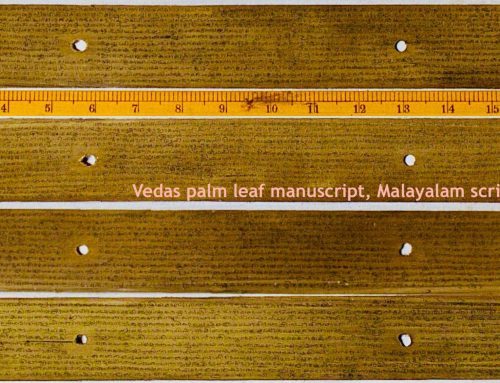The Bhagavad Gita, also known as the Gita, is a 700-verse Hindu scripture that is part of the epic Mahabharata. It is considered one of the most important texts in the Hindu tradition and is revered as a source of divine wisdom.
The Gita is set in the midst of a battle between two rival clans, the Pandavas and the Kauravas. As the battle is about to begin, the Pandava prince Arjuna becomes overwhelmed with doubt and confusion about the morality of fighting against his own kin.
In response to Arjuna’s despair, the god Krishna, who is present on the battlefield in the form of Arjuna’s charioteer, delivers a teaching on the nature of reality, the purpose of life, and the path to spiritual liberation. This teaching, known as the Gita, is a conversation between Krishna and Arjuna that covers a wide range of topics, including yoga, karma, and self-realization.
One of the key themes of the Gita is the concept of dharma, which refers to the moral and ethical principles that guide individual and social behavior. According to the Gita, dharma is the foundation of a harmonious and fulfilling life, and it is the duty of every individual to fulfill their dharma and live in accordance with their nature and purpose.
The Gita also teaches the importance of yoga, which is seen as a path to self-realization and the realization of one’s true nature. According to the Gita, the practice of yoga involves the cultivation of mindfulness, self-control, and concentration, as well as the cultivation of virtues such as compassion and non-attachment.
The Gita also teaches the concept of karma, which refers to the law of cause and effect that governs the cycle of reincarnation. According to this belief, the actions and choices of an individual in this life determine their fate in future lives. The Gita teaches that by cultivating positive actions and thoughts, an individual can break free from the cycle of reincarnation and achieve spiritual liberation.
In addition to these themes, the Gita also covers a wide range of other topics, including the nature of the supreme reality, the role of action and inaction, and the importance of devotion and surrender.
Overall, the Bhagavad Gita is a comprehensive and profound text that offers guidance and inspiration to individuals seeking to live a meaningful and fulfilling life. Its teachings on dharma, yoga, and karma continue to be highly relevant and influential in the modern world and are studied and revered by Hindus and non-Hindus alike.

